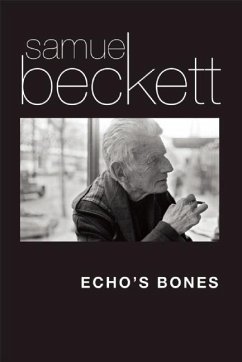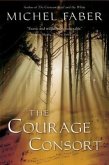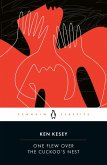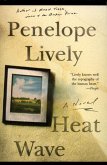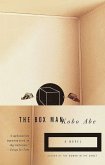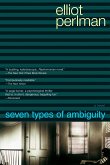In 1933, Chatto & Windus agreed to publish Samuel Beckett's More Pricks Than Kicks, a collection of ten interrelated stories, which was his first published work of fiction. At his editor's request, Beckett penned an additional story, "Echo's Bones", to serve as the final piece. However, he had already killed off the protagonist, Belacqua, and had to resurrect them from the dead. Despite Beckett's efforts, the story was turned down by his editor and excluded from the collection, as it was considered too imaginatively playful, too allusive, and too undisciplined-qualities now recognized as quintessentially Beckett. As a result, "Echo's Bones" (not to be confused with the poem and collection of poems of the same title) remained unpublished-until now, eight decades later. It begins with the antihero returned to life, sitting on the cemetery fence and smoking cigars. There, he encounters a macabre triumvirate: a prostitute; an infertile baron who requests Belacqua's assistance in securing the future of his estate; and a groundskeeper who attempts to rob Belacqua's grave. The phantasmagoric events that ensure encapsulate Beckett's burgeoning preoccupation with the tragicomedy of existence that suffuses his later writings. In the introduction and critical notes, Mark Nixon situates this little-known text in terms of its biographical context, its textual references, its Joycean influences, and he examines how it is a vital link in the evolution of Beckett's early work. Beckett confessed that he included "all I knew" in the story, harnessing an immense range of subjects, from science and philosophy to religion and literature, combining fairy tales, gothic dreams, and classical myth. The posthumous publication of Echo's Bones marks the unexpected and highly exciting return of a literary legend.

